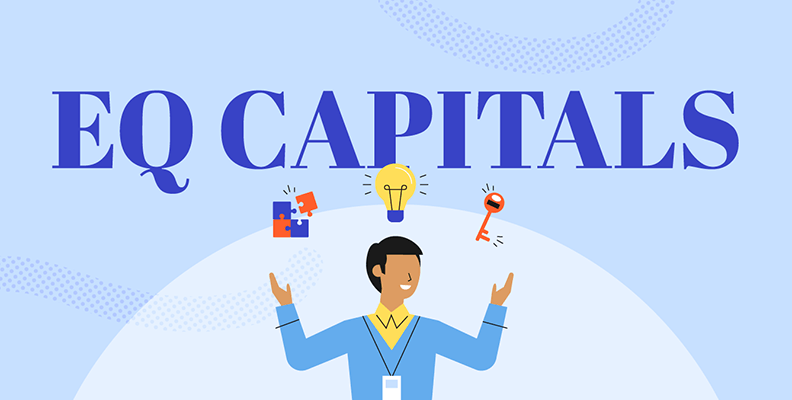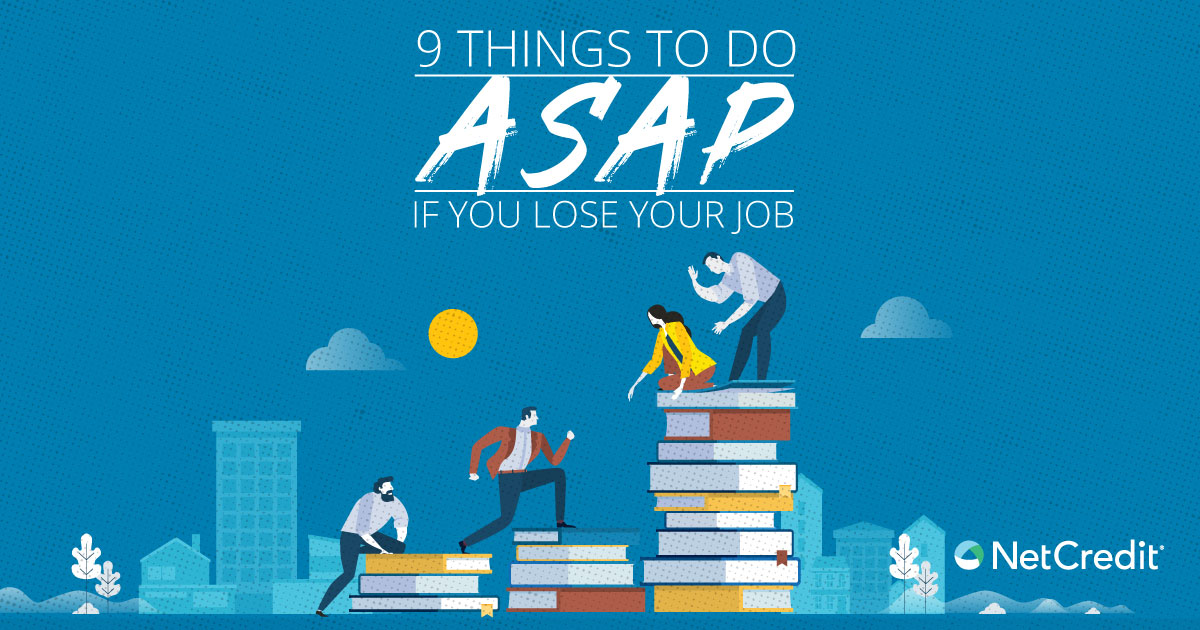
Is this the end of the traditional workplace as we know it? Freelance work is becoming increasingly popular in the United States. According to the Bureau of Labor Statistics, in October of 2012, 14.9 million American workers were self-employed.
What does it mean to be a freelancer? Here are some notable statistics from the 2012 State of the Freelance Market Report, an annual look at freelance professionals and online work produced by online freelance platform Elance.
Freelance Employment, Schedule & Workload
While 48% of those surveyed are freelancing full-time, 25% take on clients on the side to supplement full-time income. Schedule-wise, about 19% of freelancers work 40 or more hours per week, but more seem to be working less – 28% said they work 10 or fewer hours per week. As far as workload, 50% of freelancers work on 2-3 projects at a time, while 34% work on just one project at a time.
Why Freelance?
When asked why they started freelancing in the first place, 40% said they had a full-time job and dabbled in freelancing on the side. Another 21% answered that they started freelancing after being downsized or laid off. But the real motivation for freelancing seems to be related to job satisfaction. Nearly 70% of respondents said that they are happier as a freelancer, and 79% say they feel they are more productive as a freelancer than as a traditional employee.
Freelance Uncertainty
While working for oneself seems to have its share of benefits in terms of happiness and scheduling, personal finance can become complex for self-employed workers. There are certain benefits and perquisites commonly associated with regular employment that is not readily available for many freelancers.
For example, paid vacation, subsidized health insurance, paid sick leave and office support are common hallmarks for many businesses. But freelancers must obtain and pay for their entire health insurance coverage, equipment and office supplies — and vacation, personal time and sick leave are never paid.
If you’re considering freelance work as a source for extra income, check out The Freelancers Union and Contently’s The Freelance Strategist for recommendations and resources.





